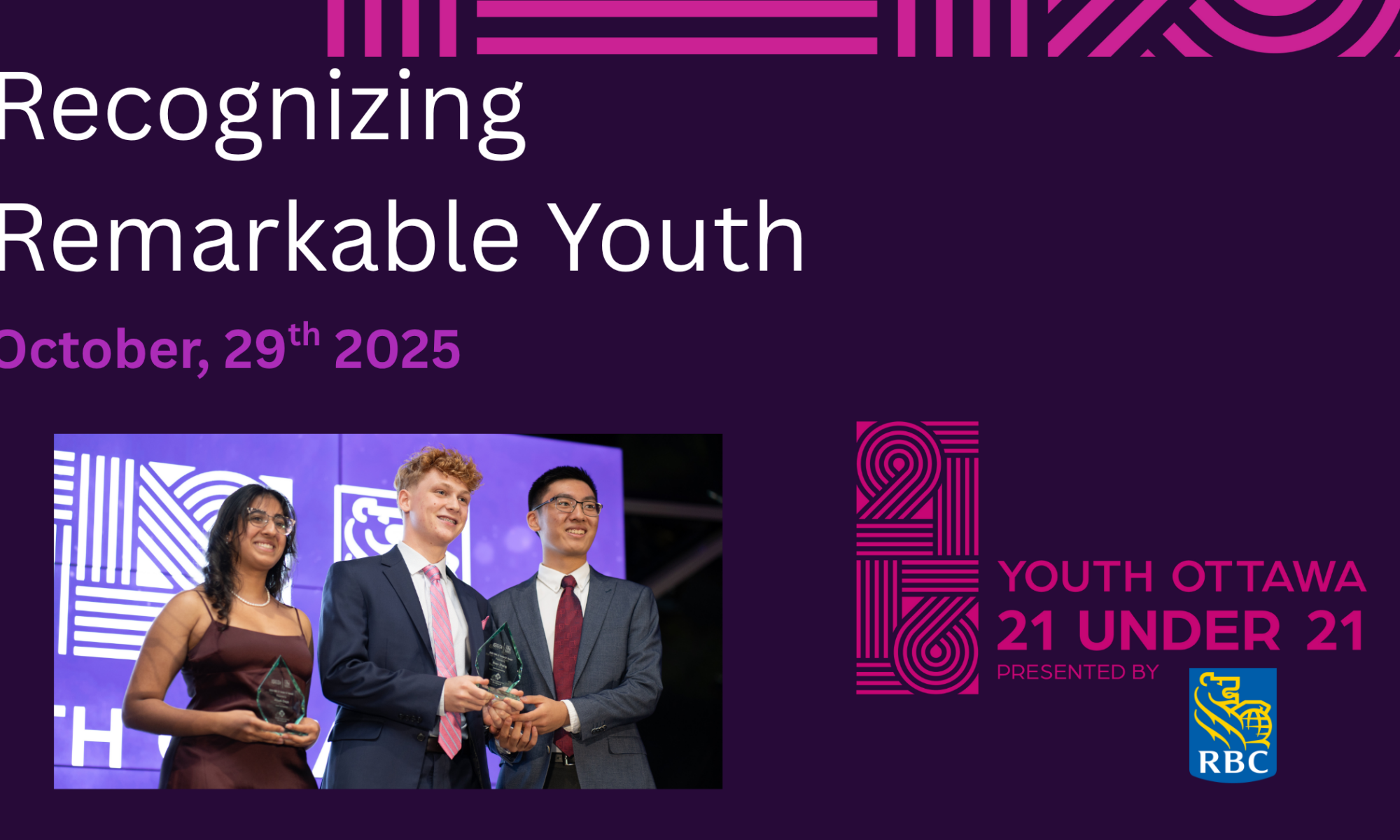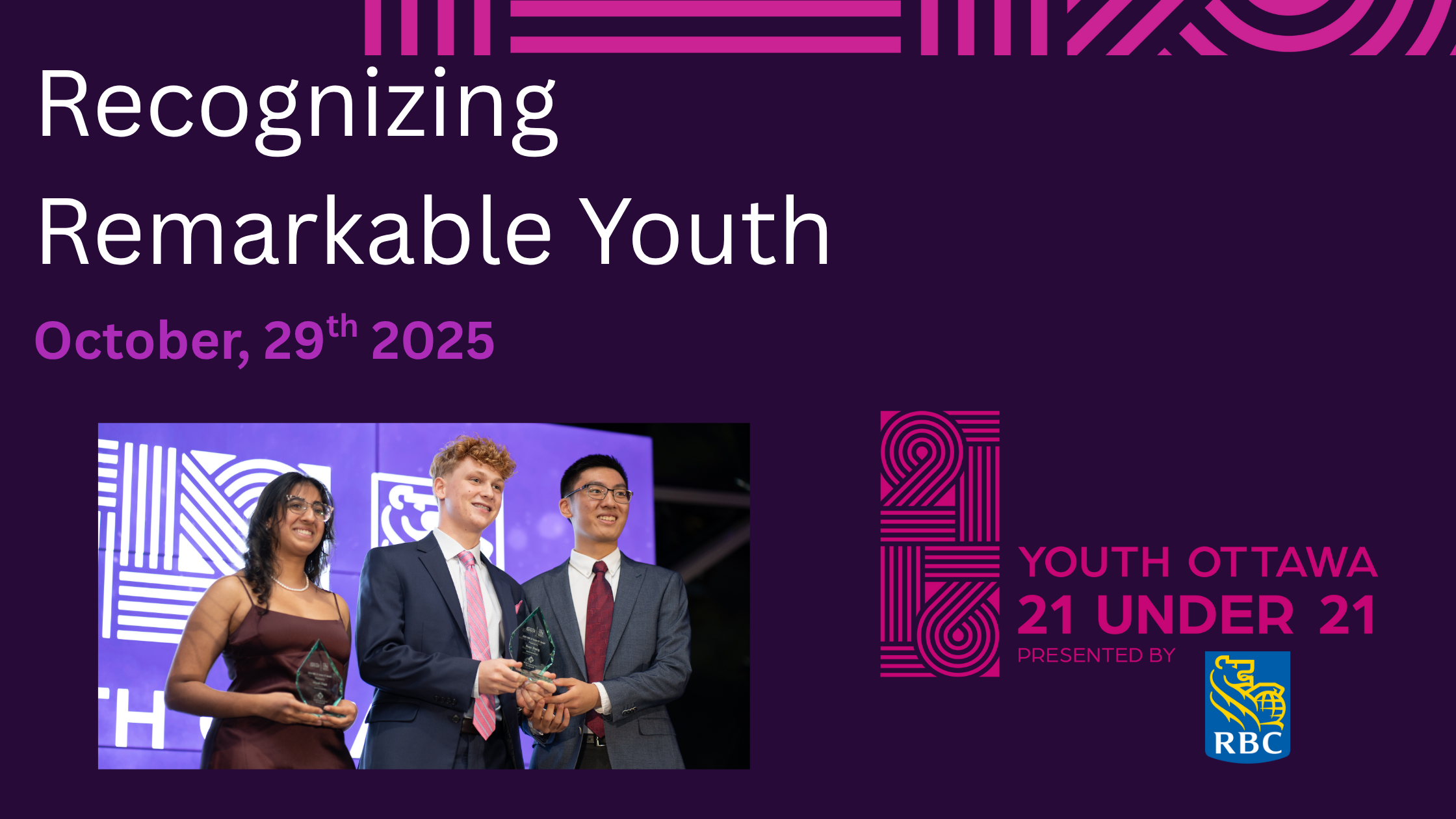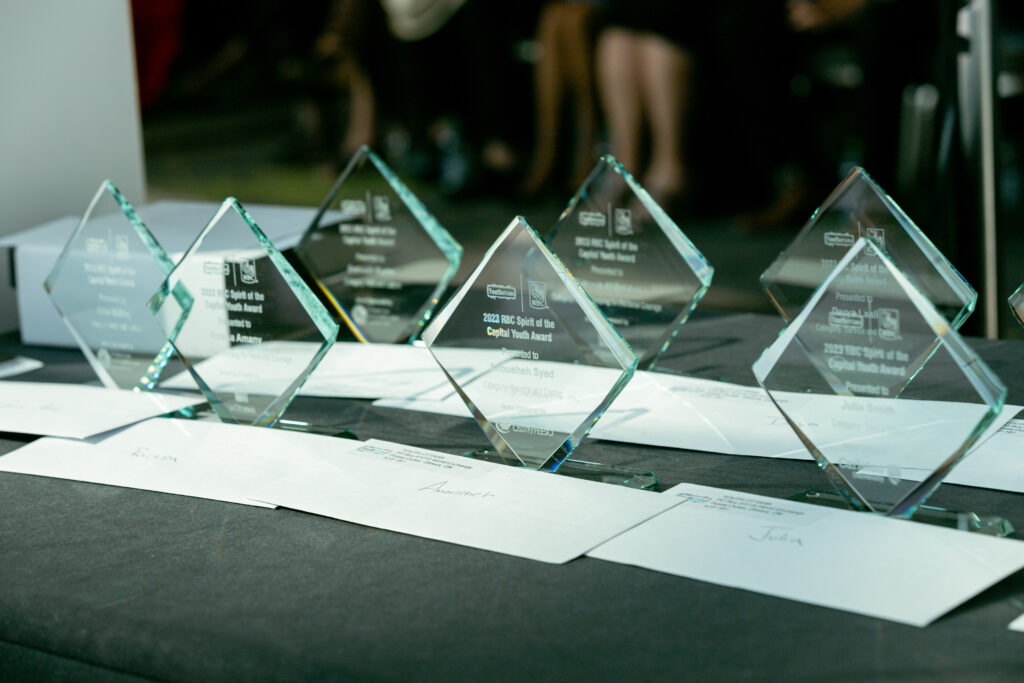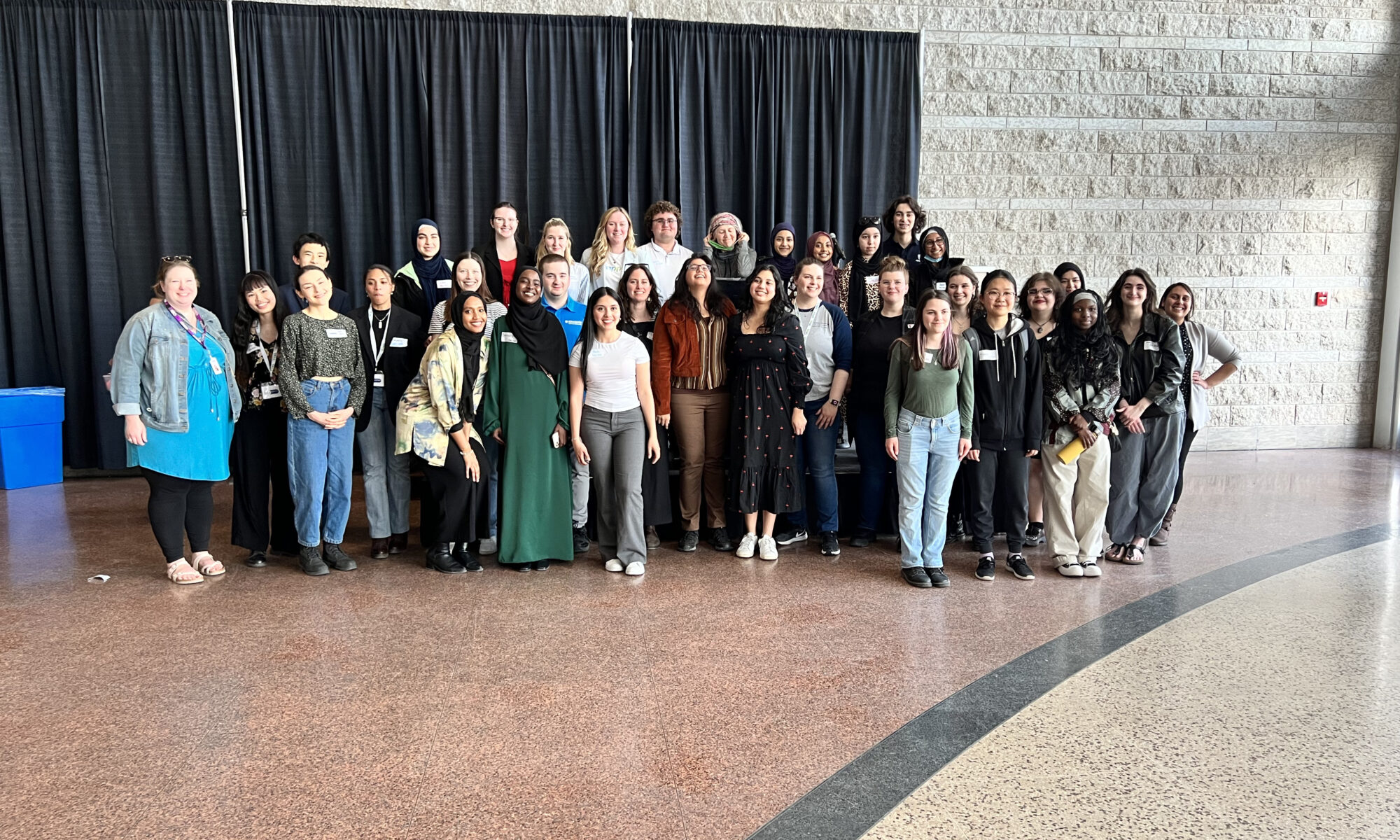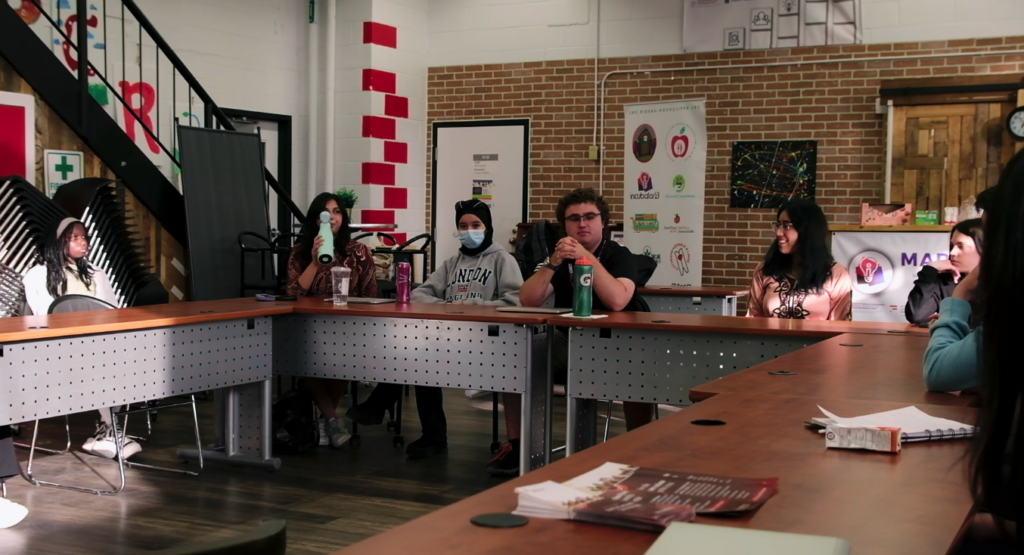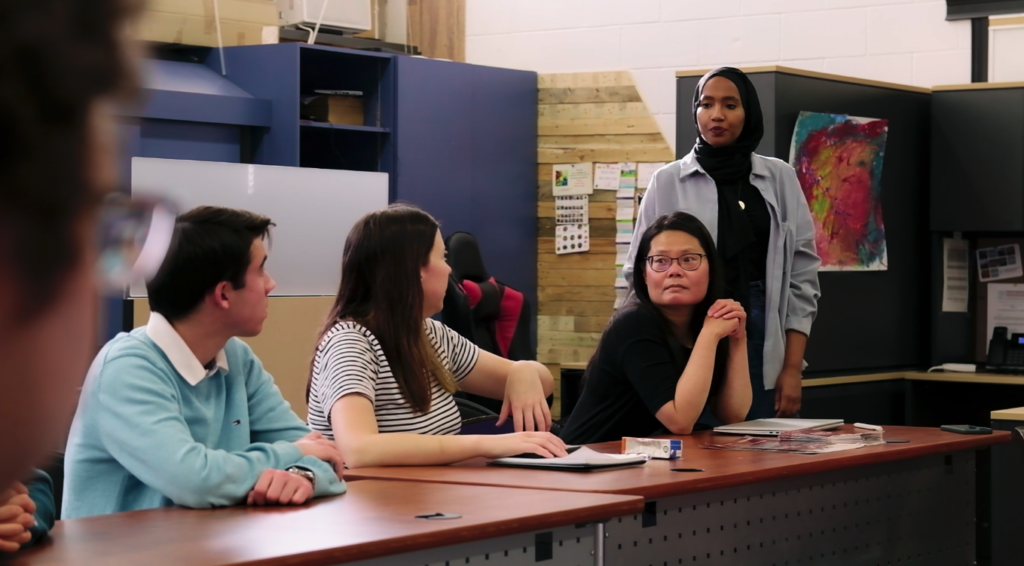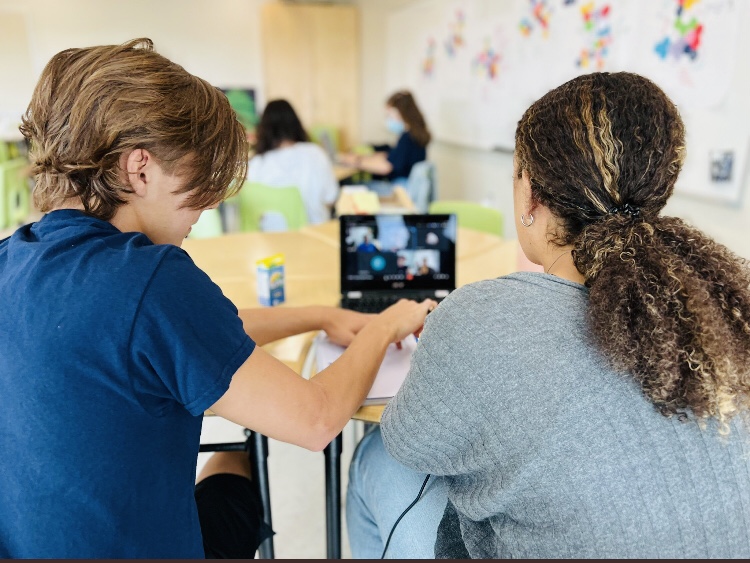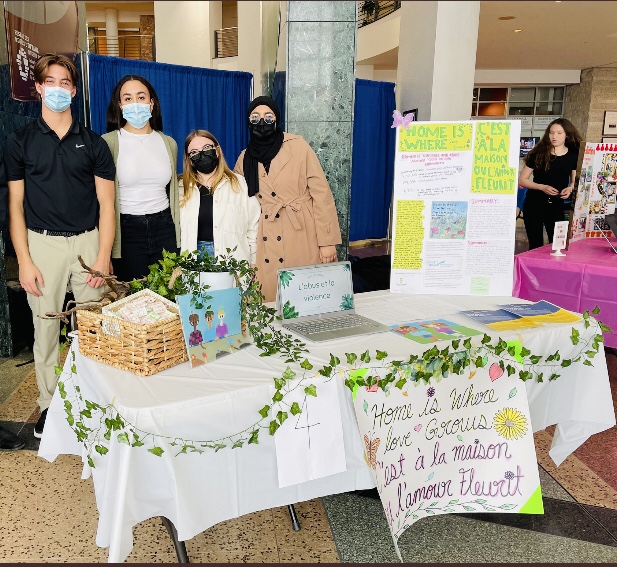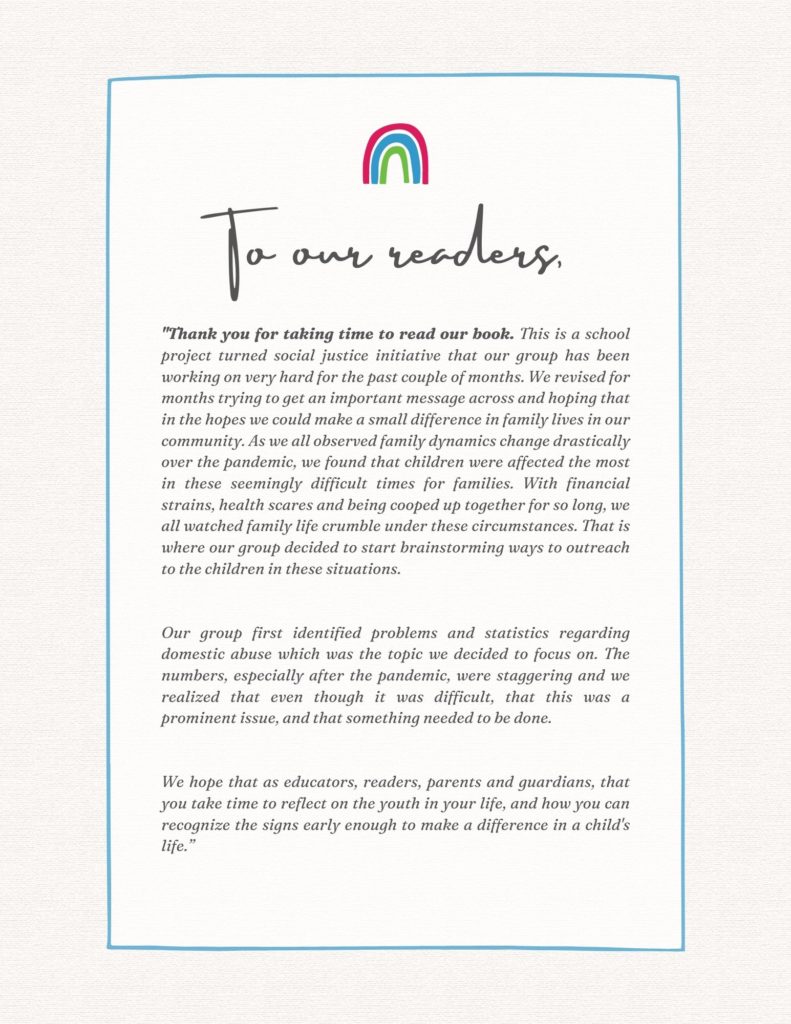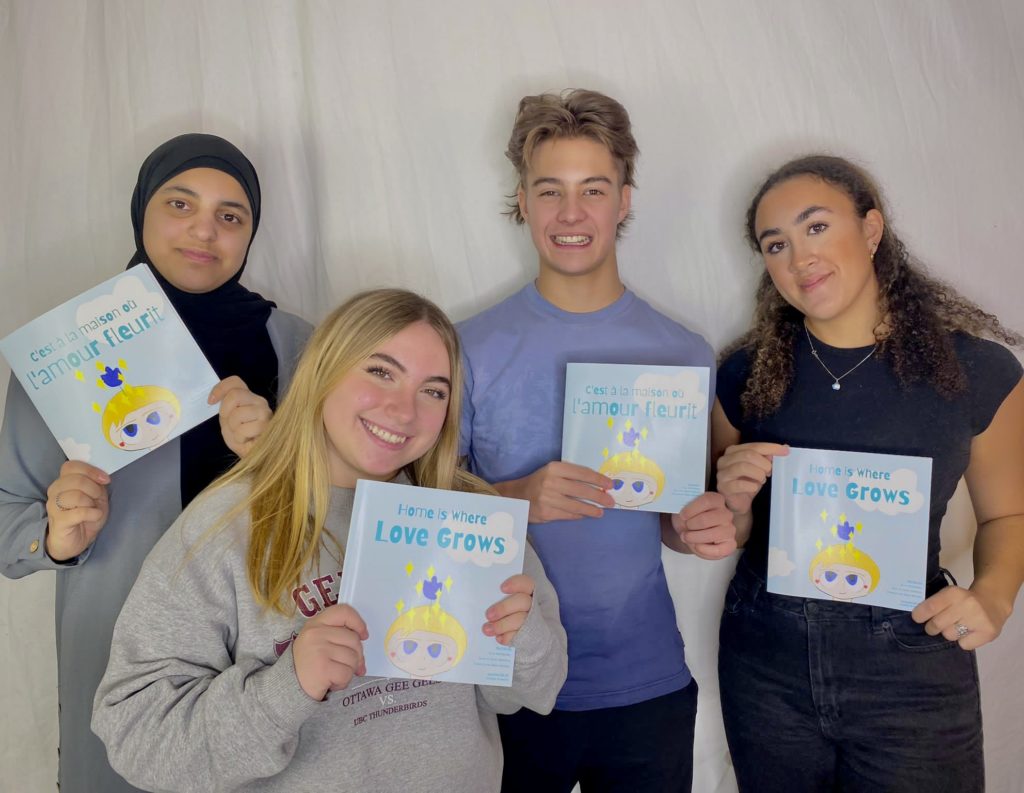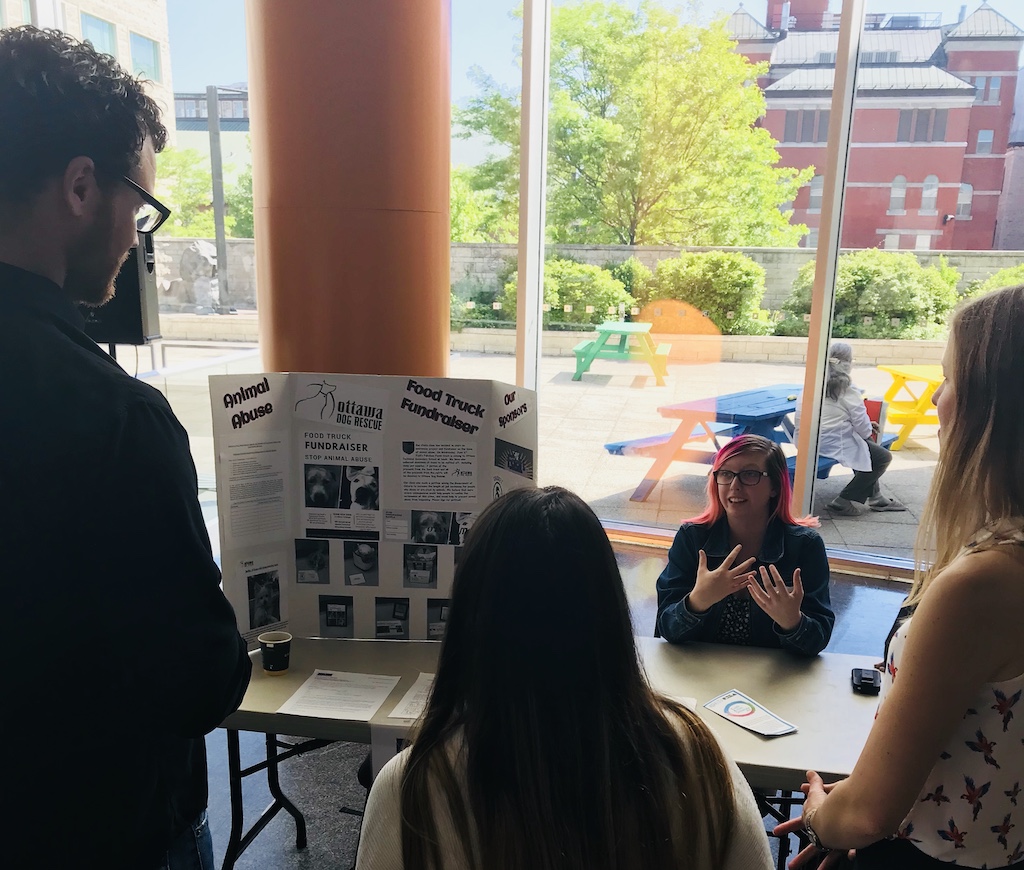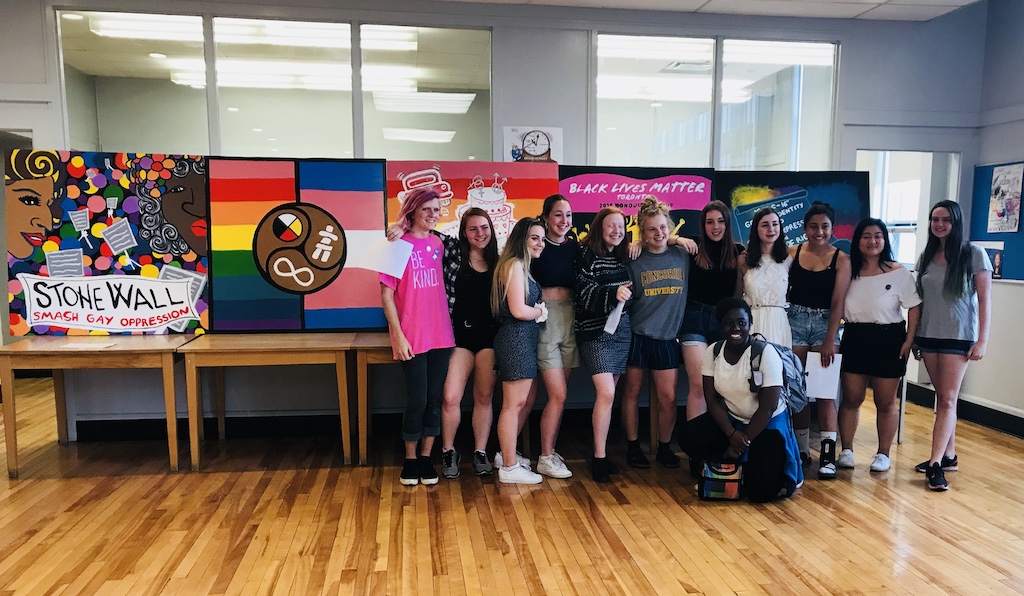Free Weekly Trivia for Ottawa’s Young Changemakers
Why You Should Care?
Ottawa youth (ages 12–30), did you know that unemployment rates for people our age are the highest they’ve been in years? Finding a job feels tougher than ever—but what if there was a weekly habit that could help you learn, connect, and get noticed by local businesses & schools—entirely for free?
That’s where Trivia 4 Tomorrow comes in.
What Is Trivia 4 Tomorrow?

Trivia 4 Tomorrow is a free for youth, supported by adults, virtual trivia game that runs every Wednesday at 7 PM sharp. It’s designed not just to test your knowledge of history, pop culture, science, and Sports, but to turn each question into an opportunity:
Learn new facts about your city and the world
Connect with hundreds of peers across Ottawa
Climb the leaderboard and earn city-wide recognition
Win swag, gift certificates, and shout-outs on our platforms
And that’s just the start.
How It Works
Register for Free using your student email (or email us if you don’t have one).
Click the link and log in Wednesdays at 7 PM for a 30–45 minute trivia showdown.
Earn points and climb the individual leaderboard and compete city wide with others.
Youth who shine in these free weekly games can earn an invitation to our monthly team games, competing for cash prizes on behalf of local businesses.
Submit your youth business, social enterprise, or community idea for a chance to be featured, get a sponsored team, and launch your own fundraiser.
From Weekly Play to Monthly Prizes
Every last Friday of the month, we host a Team T4T game with cash prizes. Youth invited from the weekly games will join these teams and compete for:
$250 (1st), $100 (2nd), $50 (3rd) in monthly cash prizes
Community Investment Jackpots for youth-led teams, projects and schools.
Swag, gift cards, and local experiences

Why This Matters
Impact Through Innovation
“Investing in youth potential is investing in innovation. Youth Ottawa fosters creativity, entrepreneurship, and leadership, resulting in sustainable solutions to today’s challenges.”
What you learn every Wednesday—what you build, who you connect with—becomes part of your story, your resume, and your network. In a job market craving creative problem-solvers, being a Trivia 4 Tomorrow champion could be your edge.
Ready to Play?
Don’t wait. Join Ottawa’s youth movement, play for free, and let your ideas and talent be seen.

